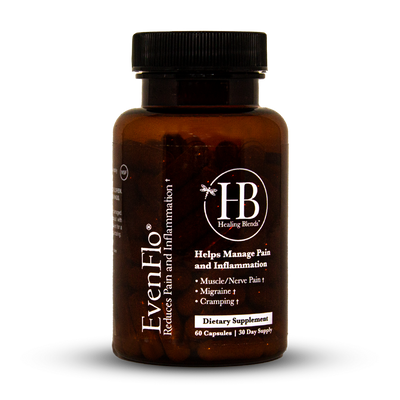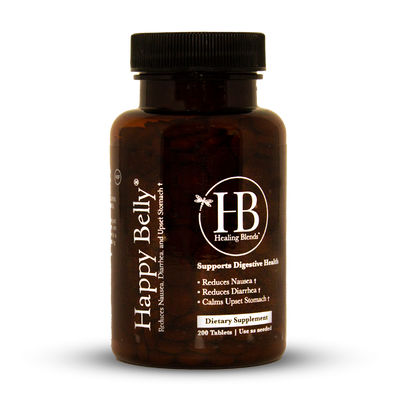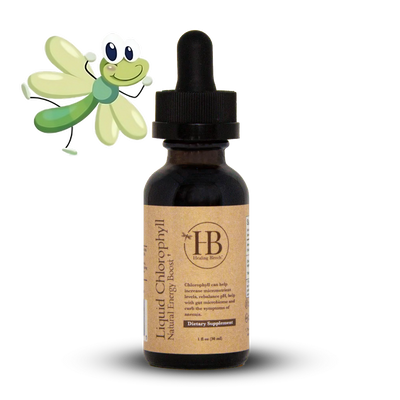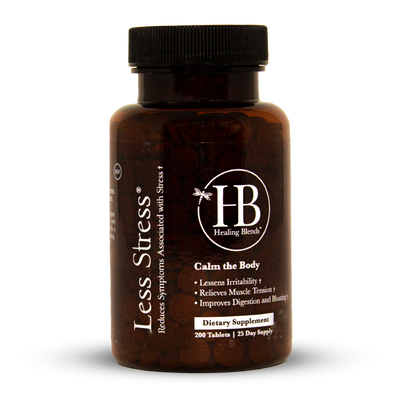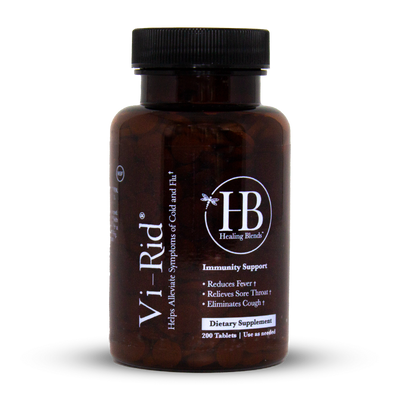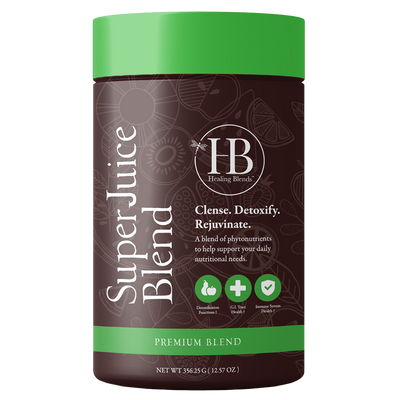Liquid or Pill Vitamin: Which is Better?
There is no doubt that taking vitamins is crucial to boost one’s health. But deciding between liquid or pill vitamins can be confusing. In order to get the maximum benefits, you need to understand the action, advantages and disadvantages of each. Knowing how each type of works will help you make an informed decision.
What is the Difference Between Liquid and Pill Vitamins?
Apart from the obvious physical difference, liquid vitamins differ from pill vitamins in several areas.
|
CRITERIA |
LIQUID VITAMIN | PILL VITAMIN |
| Structure | No hard outer shell that has to disintegrate for absorption. | Has a hard outer shell that must disintegrate within 30 minutes for maximum positive impact. Very few vitamin supplement pills live up to this requirement. |
| Absorption (How Much Your Body Retains) | 98% | 3% to 20% |
| Shelf-Life | Shorter shelf-life compared to pills. | Longer shelf-life compared to liquids. May come with fillers and stabilizers. |
| Cost Effectiveness | The same product can be taken in different doses to serve multiple family members. | Difficult to adjust the concentration of pills. Need to buy varying strengths of the same product. |
| After-Taste | Generally pronounced after-taste. | Less chance of having a pronounced after-taste. |
| Best Taken As: |
Vitamin C Vitamin D |
Vitamin B |
Structure
Pill vitamins come in a variety of sizes, shapes, and rigidity. In order for the body to absorb the key ingredients, the body has to break the outer structure first. If a certain pill has been manufactured improperly, it may not break apart at the desired time, thus, losing its value. In one study sponsored by ConsumerLab, researchers subjected different tablets and capsules to disintegration tests. The US Pharmacopeia has set 30 minutes as the ideal breaking time.
Results of the study showed that some multivitamins failed to break within the 30-minute period, some brands only partially broke apart and some did not break even after a 1-hour extension. The results show that the outer structure of pills can serve as a barrier to the absorption of important ingredients.
Liquid types eliminate the disintegration problem. Since no outer structure has to be broken, the absorption occurs right away. In fact, some part of it is being absorbed the very moment you put it inside the mouth and as it moves down to the stomach.
Absorption
The rate of absorption of vitamins is again affected by its structure. Based on clinical studies, not all the vitamins you take are absorbed. The rest goes to waste and that means money wasted on your part.
Liquid vitamins show an absorption rate of 98% while pills range from only 3 to 20%. Not only are they absorbed more, but liquid forms are also absorbed faster than pill vitamins. Since the liquid vitamins do not have outer “barriers”, they do not need to undergo physical breakdown making them readily available for absorption. Health practitioners recommend this type if they want faster results.
Pills require a longer time to be absorbed because the outer form has to be first digested in the stomach. Similar to any food particle in the gastrointestinal tract, the digestive system will have to work a little to grind and liquefy the vitamin before it can be absorbed by the intestinal villi. They are the choice if you wish to delay the absorption such as when taking timed-release melatonin or when you want to ensure that ingredients remain intact until they reach the target tissue such as when taking probiotics.
Shelf Life
Shelf life refers to the amount of time that the vitamins remain in the blood before the active ingredients are absorbed and excreted by the body. Typically, pills have longer shelf-life because of the stabilizers added to them. These agents are responsible for the actual form of the pills. Hard tablets come with fillers while capsules come in cellulose material. Although these stabilizers lengthen the life of the vitamin, there is still a question as to the general safety of these. It is important that you know whether they are synthetic or plant-derived.
Cost-Effectiveness
Many times, the whole family takes the same supplements.
Instead of buying different products for each member, the liquid type allows you to get a single product and what you need to do is just to modify the dose for each member of the family. For example, the mom can take only one teaspoon of vitamin D, the father can take 2 teaspoons and the younger children take only a drop of it.
This strategy is more cost-effective than buying the same product in three different concentrations to fit the needs of each member.
When Should You Take Liquid Vitamins?
An obvious reason for prescribing liquid vitamins over pill vitamins is the age of the patient.
Babies or children lower than 12 years old take liquid for safety reasons and to match their body’s ability to swallow. For this population, a dropper or a small cup is used to deliver the supplement.
While liquid is ideal for children due to swallowing issues, there are some adults who also have trouble swallowing pills. Some individuals, despite their age, cannot tolerate the solid form entering their esophagus. They call them a “horse pill” because as they complain, “they are big and very difficult to swallow”.
There are also individuals who suffer from pathologic conditions that swallowing of pills is not allowed. This includes patients who had previous gastric surgery. Again, a liquid supplement is given to this group of people.
Liquid vitamins are also recommended when higher dosage and the faster effect is needed.
Health care professionals prescribe them over the pills when treating a certain condition. During an illness, you may need a higher dose of the supplement and a liquid type can be the best option for this. More frequent intake of the liquid form is better tolerated by most patients than taking 3 or 4 capsules of vitamins in a day.
What are the Disadvantages of Liquid Vitamins?
While liquid supplements are considered superior in terms of absorption and dosage, they may pose stability issues for some ingredients. Over time, important components lose their effectiveness especially after opening the bottle and exposure to air. This is a concern for vitamin C, folic acid, and creatine supplements.
The portability of liquid vitamins is another disadvantage. Since some may require refrigeration, they may not be the ideal choice for frequent travelers.
The liquid form has also been associated with the stronger aftertaste and lastly, it may also be more expensive compared with their pill counterpart.
When Should You Take Pill Vitamins?
Pill vitamin is the choice if there is a need to sustain the level of the vitamins all throughout the day.
This is applicable for the intake of Vitamin B, Zinc, and magnesium. Pills can be used for individuals who need only regular dosing, who are well and aim only to improve one’s health. It is also for those who cannot tolerate a faster absorption rate or to those individuals who often experience stomach upsets when vitamins are absorbed too fast.
Conclusion
Liquid vitamins are easily absorbed by the body and recommended for therapeutic management of certain illnesses and for conditions that require faster results. Since they come as liquid form, they do not present swallowing issues and thus, recommended for children and some adults who have problems swallowing pills.
However, all good things will also have their bad side. Liquid vitamins experience issues on stability, portability, stronger after-taste and price. Although many manufacturers have addressed these problems, it can still be a deal-breaker for someone who prioritizes these factors.
Pill vitamins, on the other hand, are cheaper, more stable and portable. However, they present swallowing, disintegration and absorption issues.
Whether you go for the liquid or pill vitamin, the choice depends on your purpose, your tolerance to swallowing, and your budget. With these as your considerations, you will not go wrong in taking vitamin supplements to boost your overall health.
Vitamins that work. Explore Healing Blends’ Vitamin Range: https://healingblendsglobal.com/collections/vitamins













